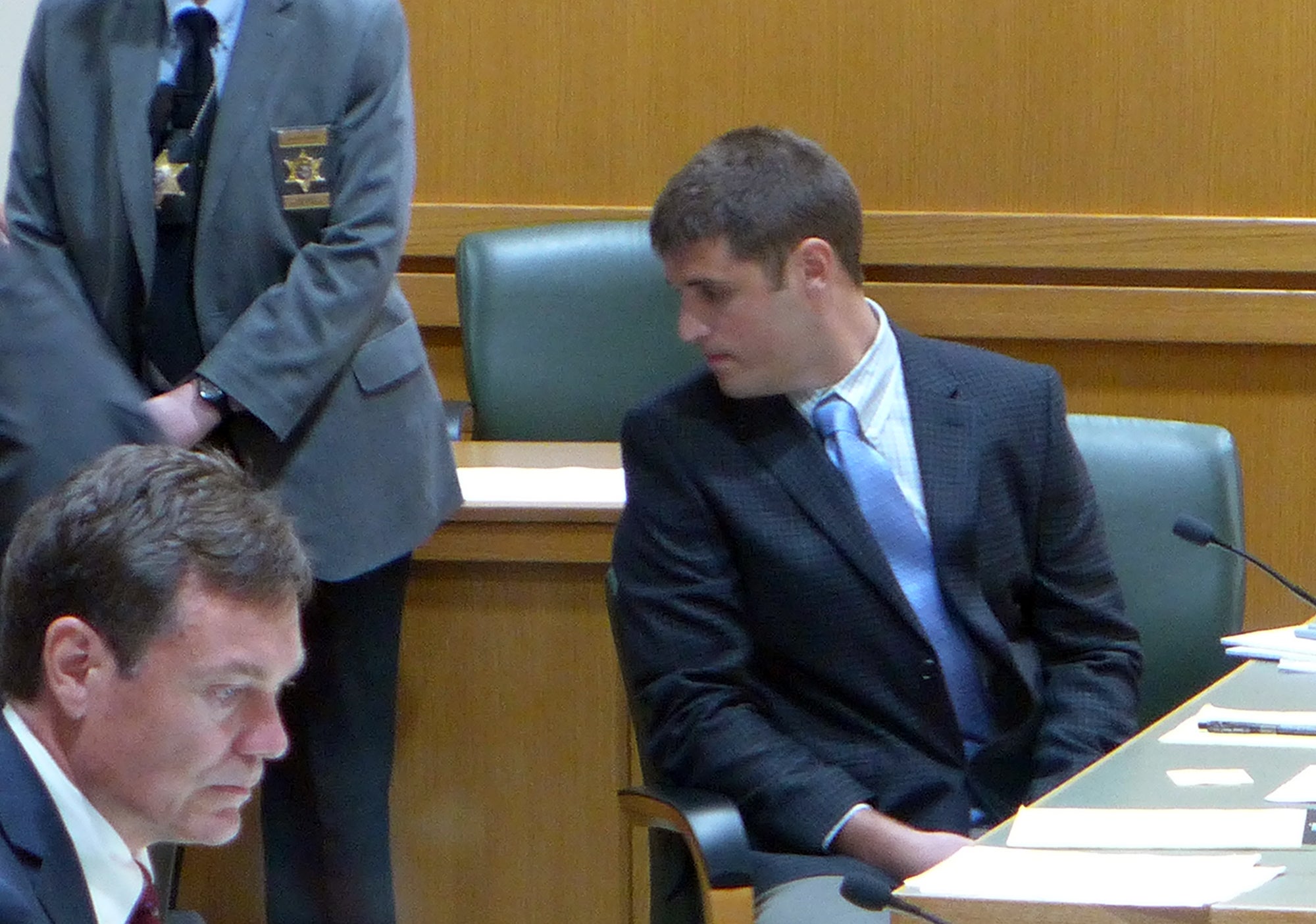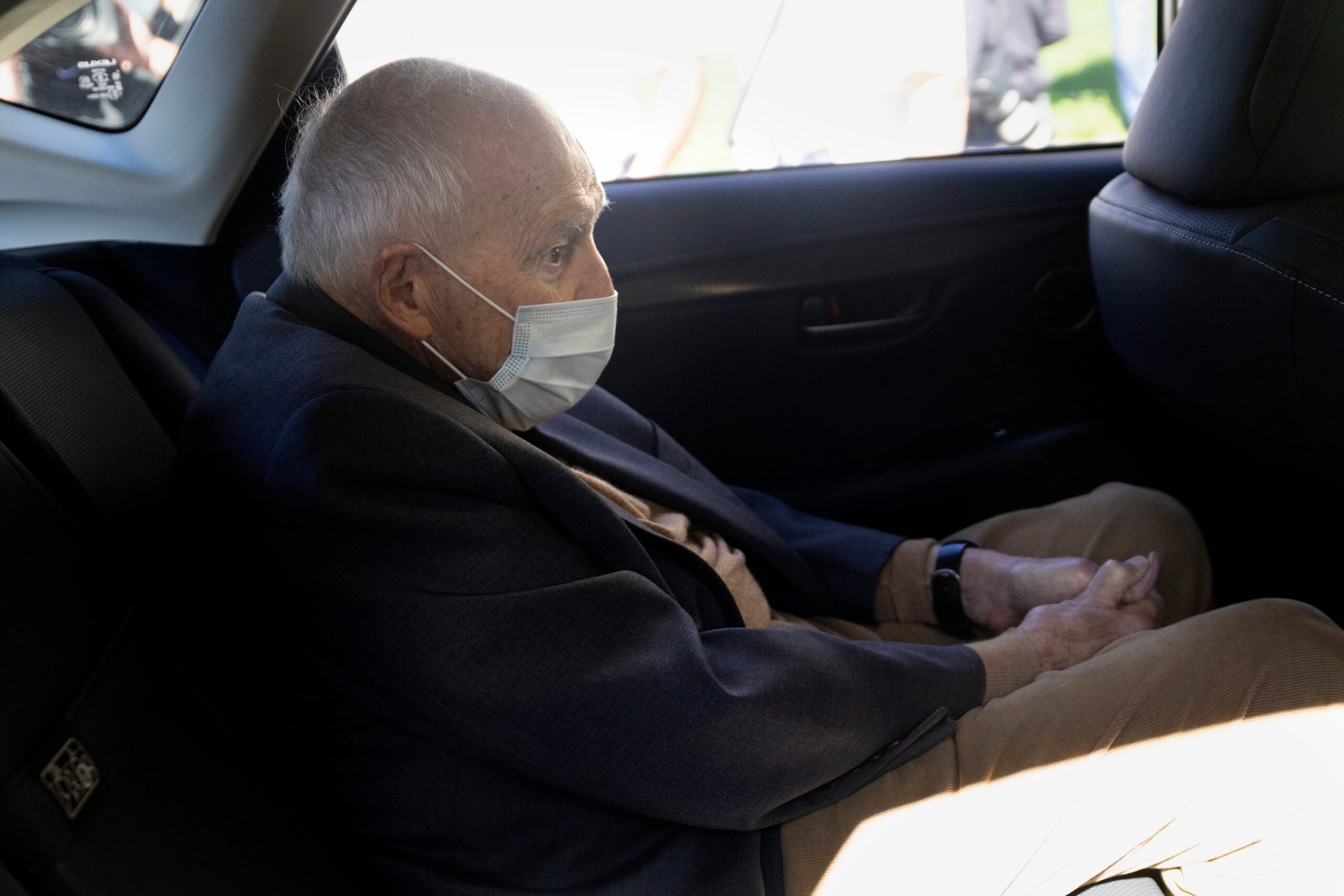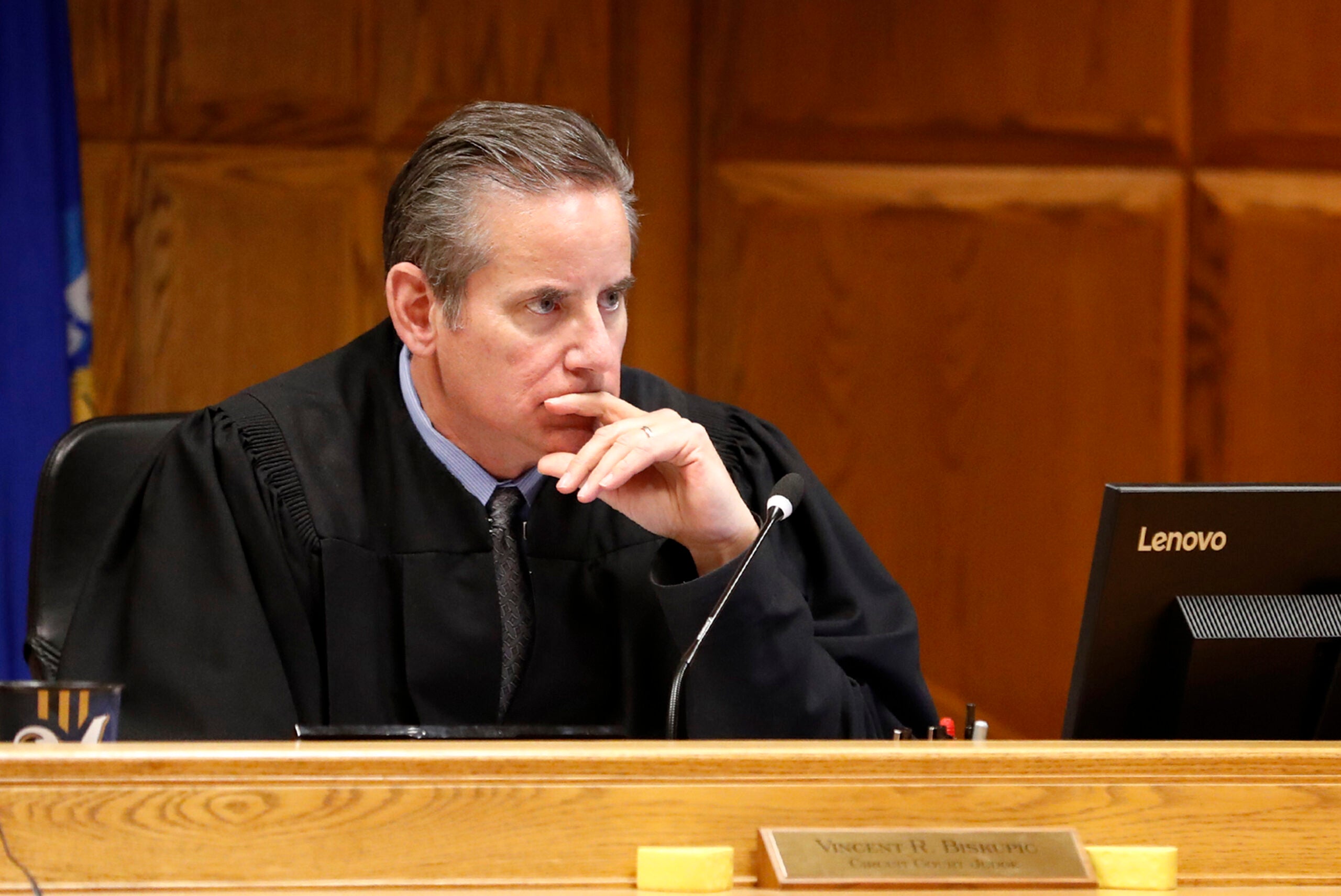When Dane County Circuit Judge Stephen Ehlke sentenced Alec Cook, an expelled UW-Madison student, to three years in prison for sexually assaulting three female students, state and local officials said it wasn’t harsh enough. We talk to a reporter who covered the sentencing, and one of the lawmakers who took issue with it.
Featured in this Show
-
Sexual Assault Sentence For Former UW Student Prompts Outrage From Lawmakers
Last month’s sentencing of Alec Cook to three years in prison followed by eight years of supervision for a number of sexual assaults on the University of Wisconsin-Madison campus has prompted stiff pushback from state and local elected officials, saying the sentence didn’t match the gravity of the crimes.
“It felt a little bit like a gut punch when I heard the sentence,” said state Rep. Lisa Subeck, D-Madison. “It felt like a step backward not only for our community and the university, but for women who are bravely stepping forward and speaking out.”
Subeck, along with other Madison-area Democratic state Reps. Terese Berceau, Dianne Hesselbein and Sondy Pope and Dane County Board supervisors Carousel Bayrd and Analiese Eicher, sent a letter last week to Dane County Judge Stephen Ehlke, who handed out the sentence, asking for a meeting.
The writers called the sentence “a slap on the wrist for a serial rapist whose violent and sadistic sex crimes will haunt his victims for years to come,” according to the Wisconsin State Journal.
Other officials, including Attorney General Brad Schimel and UW-Madison Police Chief Kristen Roman, have also expressed disappointment in the verdict.
However, Dane County Chief Judge William Hanrahan responded to the letter saying it would be an ethical violation for Ehlke to meet with them because Cook’s case is still considered open and his team has the option of appealing the sentence.
“I think that’s really unfortunate because that would have been an opportunity to, one, hear from Judge Ehlke a little bit more about his decision, but also for us to really dive in and start looking at what are the systemic solutions that we can tackle here,” Subeck said.
Cook pleaded guilty to three counts of third degree sexual assault, one count of stalking and one count of strangulation in February – whittled down from an initial 23 criminal charges from 11 female UW-Madison students.
Because of his February plea, there was no criminal trial. Prosecutors pushed for 19 years in prison, while the defense asked for probation. Ehlke has said his hands were tied by sentencing guidelines, though he knew the sentence would be an unpopular one, according to Pat Schneider, a reporter for the Capital Times.
It’s not unusual in cases like this for a defendant with no prior criminal record who pleads guilty and enters into a plea agreement to face only probation, she said.
“The judge stated again and again … a sentence of even what the prosecution was asking for was just out of balance with the type of sentences that are given in the circumstances like this in court,” Schneider said. “Yet Judge Ehlke said that not giving a sentence in this case would depreciate the seriousness of the crimes.”
Subeck said this case is another symptom of a larger systemic problem.
“We see a system where men, particularly men of privilege … have the resources to end up with these light sentences and in some cases, not being sentenced at all,” she said.
Sexual assault is one of the most underreported crimes, Subeck said. About two out of every three sexual assaults go unreported.
And that’s part of the problem with basing sentencing off of prior crimes, Subeck said. Prior crimes frequently go unreported. In this case, and many others like it, when one woman comes forward, other victims start to come forward, too, she said.
“They suddenly felt empowered to come forward because they weren’t alone,” Subeck said. “This happens so often in sexual assault where you don’t know about the prior crimes until somebody comes forward and makes a report, so you don’t necessarily have a history of prior sentences.”
Subeck said that she and other members of the Legislature are regrouping to determine what steps to take next — and there is common ground on both sides of the aisle to solve this problem.
“It’s time that we stop letting privileged offenders get away with it, that we start hearing women’s voices, that we elevate those voices and that we treat these crimes with the gravity with which they should be treated,” she said.
Episode Credits
- Carrie Kaufman Host
- Laura Pavin Producer
- Pat Schneider Guest
- Lisa Subeck Guest
Wisconsin Public Radio, © Copyright 2024, Board of Regents of the University of Wisconsin System and Wisconsin Educational Communications Board.





